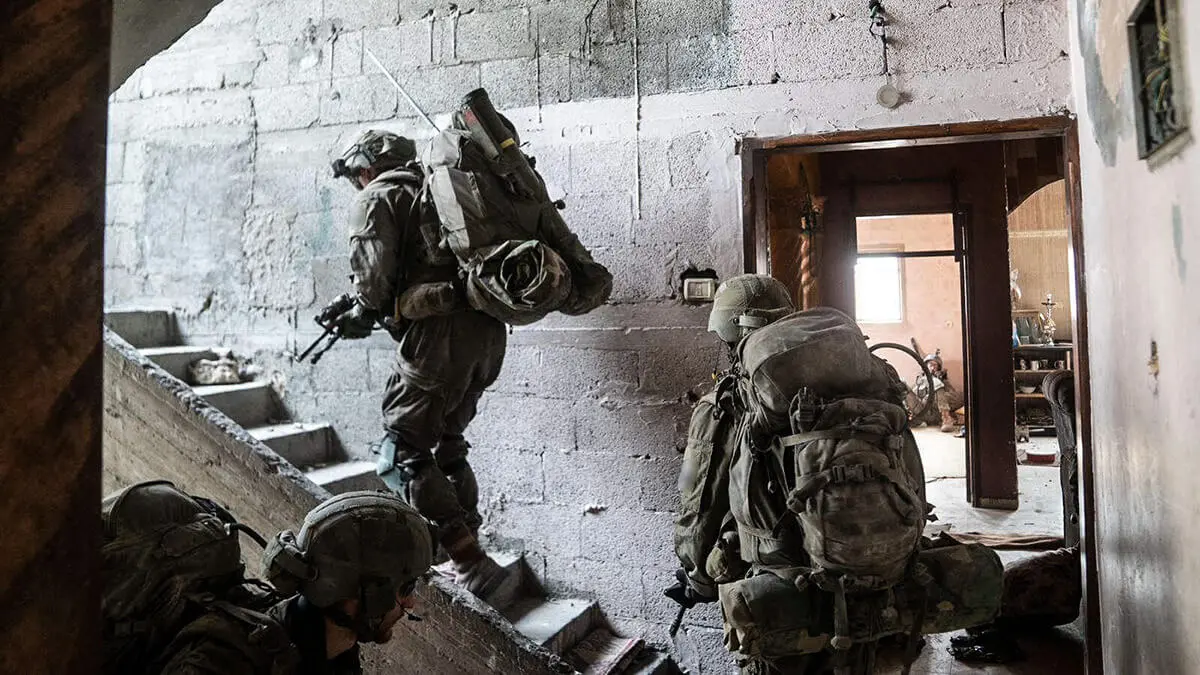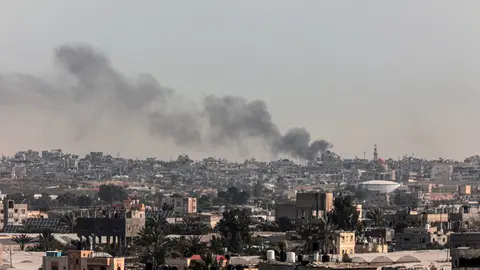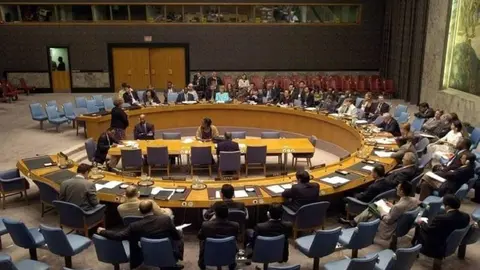The Israeli army withdraws from Al-Shifa hospital in Gaza

Two weeks after launching an operation against Hamas in the Al-Shifa hospital, Israel is withdrawing its troops from the hospital complex, the main one in the Gaza Strip and one of the headquarters of the terrorist group in the enclave according to Jerusalem.
Since 18 March, the day it began operating in Al-Shifa, the IDF has eliminated and arrested hundreds of terrorists from both Hamas and Palestinian Islamic Jihad. The Israeli military has also released images showing weapons and money seized from the hospital used by both organisations.
Hamas, which has been using public infrastructure for military purposes for years, has denied operating from the hospital and accuses Israel of "burning the buildings in the compound and putting it completely out of commission". The Hamas-controlled Gaza Ministry of Health also reports "dozens of dead bodies, some of them in a state of decomposition, in and around the Al-Shifa medical compound".
Israeli forces launched the first operation at the hospital in November, but returned to the health centre after Hamas fighters returned. During these months, hundreds of thousands of Gazans displaced by the war took refuge in Al-Shifa before the recent raid.
Another location hosting thousands of Gazan refugees is the town of Rafah, in the south of the enclave and on the border with Egypt. This town, home to some 1.4 million refugees, is considered the last bastion of Hamas, as it is the only part of Gazan territory that Israeli troops have not yet entered.
Despite international pressure against Israel, Benjamin Netanyahu's government insists on the need to operate militarily in Rafah, both to put an end to Hamas and to find the more than 130 Israeli hostages who have been held hostage in Gaza since 7 October.
🔴Operational update from inside the Shifa Hospital:
— Israel Defense Forces (@IDF) March 25, 2024
Weapons including AK-47s, grenades, explosives, mortars and magazines were located in the hospital's MRI complex, maternity ward and on its roof. pic.twitter.com/fHYqxv38vB
On that day, Hamas launched an unprecedented attack on Israeli territory, leaving around 1,200 people dead, mostly civilians. The terrorist group also kidnapped 250 Israelis and foreigners. Despite the November truce that allowed the release of women and children, some 130 hostages still remain in Gaza, including the bodies of some who have been killed in captivity.
On the other hand, Israel's retaliatory attacks have killed 32,000 people, mostly women and children, according to the Gazan authorities.
Iraqi pro-Iranian militias attack Eilat
In addition to the dire situation in Gaza, tension is mounting on the Israel-Lebanon border as fears of war between the Israeli army and Hezbollah grow. In addition to the Lebanese militia, the Islamic Republic of Iran continues to incite attacks against Israel through other proxies in the region.
Overnight, a drone launched from Iraq attacked a warehouse near an Israeli warship in the port of Eilat. Eilat, in the south of the country, has been one of the main targets of Yemen's Houthis since the beginning of the conflict.
Difficult to tell but the target of the attack may have been a Saar 6 class corvett that appears to be docked adjacent to the area that is hit by a drone in Eilat, Israel tonight. If true, the Islamic Resistance in Iraq was meters away from achieving a hit on the Israeli navy. pic.twitter.com/pFZi6nV1hq
— Joe Truzman (@JoeTruzman) April 1, 2024
However, this latest attack has been claimed by the Islamic Resistance, a small coalition of Iraqi militias backed by Iran. The group claimed to have hit a "vital target" in Israel.
This follows a series of Israeli air strikes on areas near the Syrian city of Aleppo that left, according to Reuters, 38 people dead, including five Hezbollah members and Syrian soldiers.










